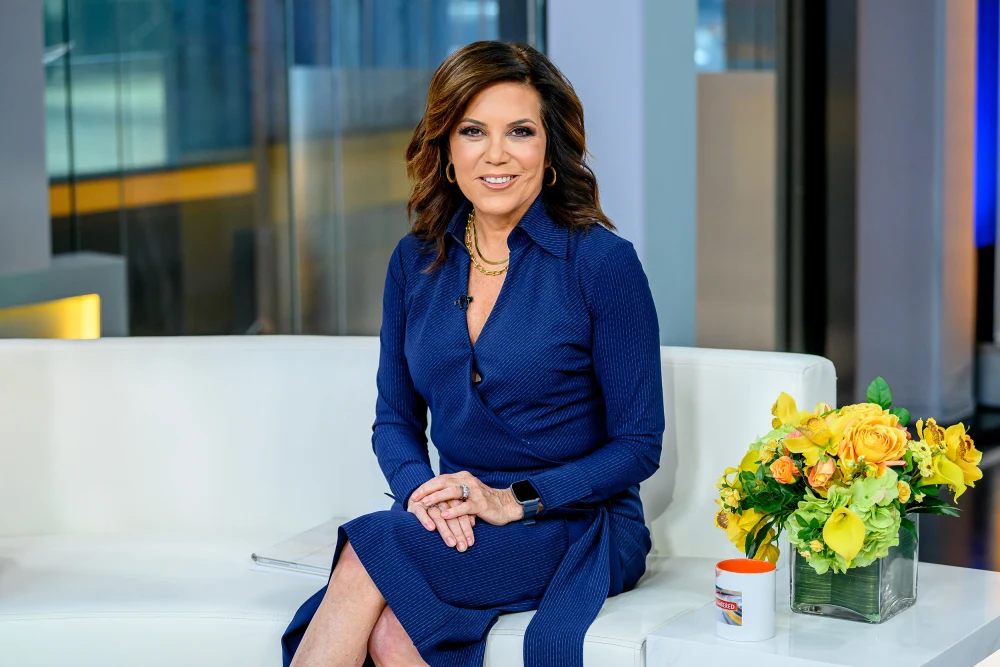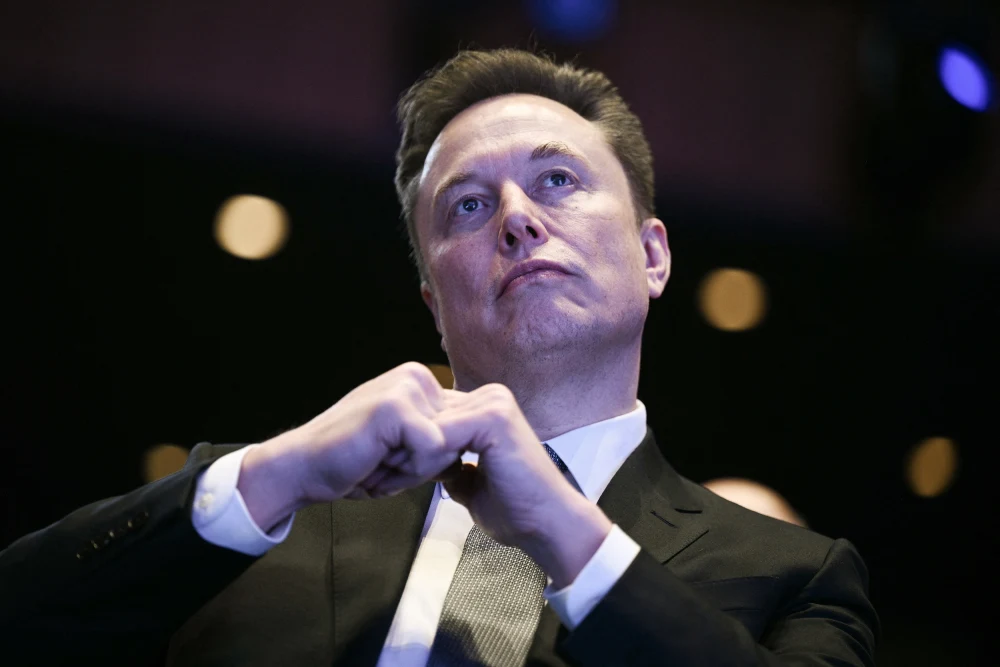Former President Trump easily defeated his rivals in the Iowa caucuses but will face a tougher challenge in New Hampshire’s first-in-the-nation primary as he looks to cement his status as the inevitable GOP nominee.
Trump is in a strong position ahead of the Jan. 23 contest in the Granite State, where he won the party’s last contested primary in 2016 by roughly 55,000 votes, or 20 percentage points.
A Decision Desk HQ-The Hill average of polls shows Trump leading former United Nations Ambassador Nikki Haley in New Hampshire by 8 percentage points.
But there are a handful of factors that could create a path to victory for Haley, who has emerged as arguably Trump’s most formidable challenger for the GOP nomination.
Independents will be able to vote in New Hampshire’s primary, the state has a far different electorate than the deeply conservative and evangelical Iowa, and Haley has spent more time than Trump in the state, where she has seen her poll numbers climb in recent weeks.
New Hampshire also has historically relished its role as a counterweight to Iowa, and while Trump enters the week as the favorite, it would not be a shock to see a counterintuitive result.
It would also create the feeling of a real primary race for the first time this cycle.
“I think if she beats him in New Hampshire it creates a lot of uncertainty. It would be a massive story,” said Alex Conant, who worked on Sen. Marco Rubio’s (R-Fla.) 2016 presidential campaign.
Trump dominated in Iowa, where GOP voters tend to be evangelicals and more socially conservative. Entrance polls showed Trump won 53 percent of the vote from white evangelicals, compared with just 13 percent who went to Haley.
But in New Hampshire, the state is less religious and more libertarian.
Parts of New Hampshire are effectively suburbs of Boston, and the state has backed a Democrat for president each election cycle since 2000, a sign of how moderate it is compared with Iowa.
“The nature of the voter universe is different. The issue set is different,” said Jim Merrill, a veteran GOP strategist based in New Hampshire. “It’s no surprise that in Iowa you had Mike Huckabee, Ted Cruz and Rick Santorum all win there, all three of whom led with their faith, and that was rewarded in Iowa.”
In addition to the demographics of New Hampshire, the nature of its primary process compared with Iowa’s caucuses could boost Haley, whose coalition is more reliant on independent voters or those who supported President Biden in 2020.
New Hampshire allows undeclared voters to participate in party primaries, meaning independents and Republicans alike will be able to cast a ballot in the GOP primary. Registered Democrats cannot participate, and the deadline to change party affiliation in the state passed months ago.
“New Hampshire is interesting,” Trump said this month at a Fox News town hall. “It’s a great place, a great state, unbelievable people. But they allow independents and Democrats to vote in the Republican primary. You say, ‘What’s that all about?’”
“So, it’s a little bit false in that regard, but even with that, I think we’ll win substantially,” he added.
Haley’s third place finish in Iowa reflected the kind of coalition she’ll rely on. Exit polls showed Haley won 63 percent of caucusgoers who identified as moderate or liberal, the most of any candidate. She won 34 percent of self-identified independents, trailing Trump by 8 points in that category.
The New Hampshire primary is also in some ways more accessible than the caucus format, which requires individuals to show up at a specific location at a specific time and listen to speeches from each campaign before casting a ballot.
“The caucus caters to really deeply involved activists and people who are very involved in party politics,” Merrill said. “New Hampshire is an open primary, so you obviously have strong Republican involvement, but you also have undeclared voters who don’t affiliate with a party.”
Haley has invested a significant amount of time and resources in New Hampshire, making it an even more critical state for her if she is to upend Trump’s march to the nomination.
“We’ve been here for 11 months. We’ve done over 75 town halls,” Haley said Tuesday on Fox News.
She has the endorsement of Gov. Chris Sununu (R), and her controversial comments earlier this month that New Hampshire would “correct” the Iowa result reflected how much she is banking on a strong showing in the Granite State.
Haley could benefit because Florida Gov. Ron DeSantis (R) has spent little time campaigning in New Hampshire, while former New Jersey Gov. Chris Christie (R), who almost exclusively campaigned there, dropped out of the race last week.
Trump has only held a handful of events in New Hampshire in recent months, though he will hold at least five rallies in the state in the days leading up to the primary and is a known commodity among voters there.
Trump and his team are hoping to secure another victory next week by any margin, essentially putting to rest any questions about whether an alternative could emerge in the primary contest.
But polling in the upcoming states on the primary calendar underscores just how dominant a force Trump is set up to be, regardless of the New Hampshire outcome.
An Emerson College poll published Jan. 9 found Trump leading DeSantis in the Nevada caucuses by a whopping 65 percentage points, though some candidates opted to appear on the state’s primary ballot rather than in the caucus.
An Emerson College poll released Jan. 5 found Trump leading Haley in her home state of South Carolina by 29 percentage points.
“At the end of the day what matters is wins and losses, and if Trump loses New Hampshire, for the next three or four weeks he’s a loser,” said Conant, the former Rubio aide who now works at Firehouse Strategies. “It would really change the dynamics in the race very quickly. Whereas if he wins the first two [states], I don’t know what the argument is that Haley is going to start winning in other states.”




